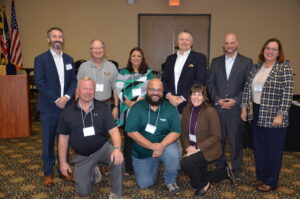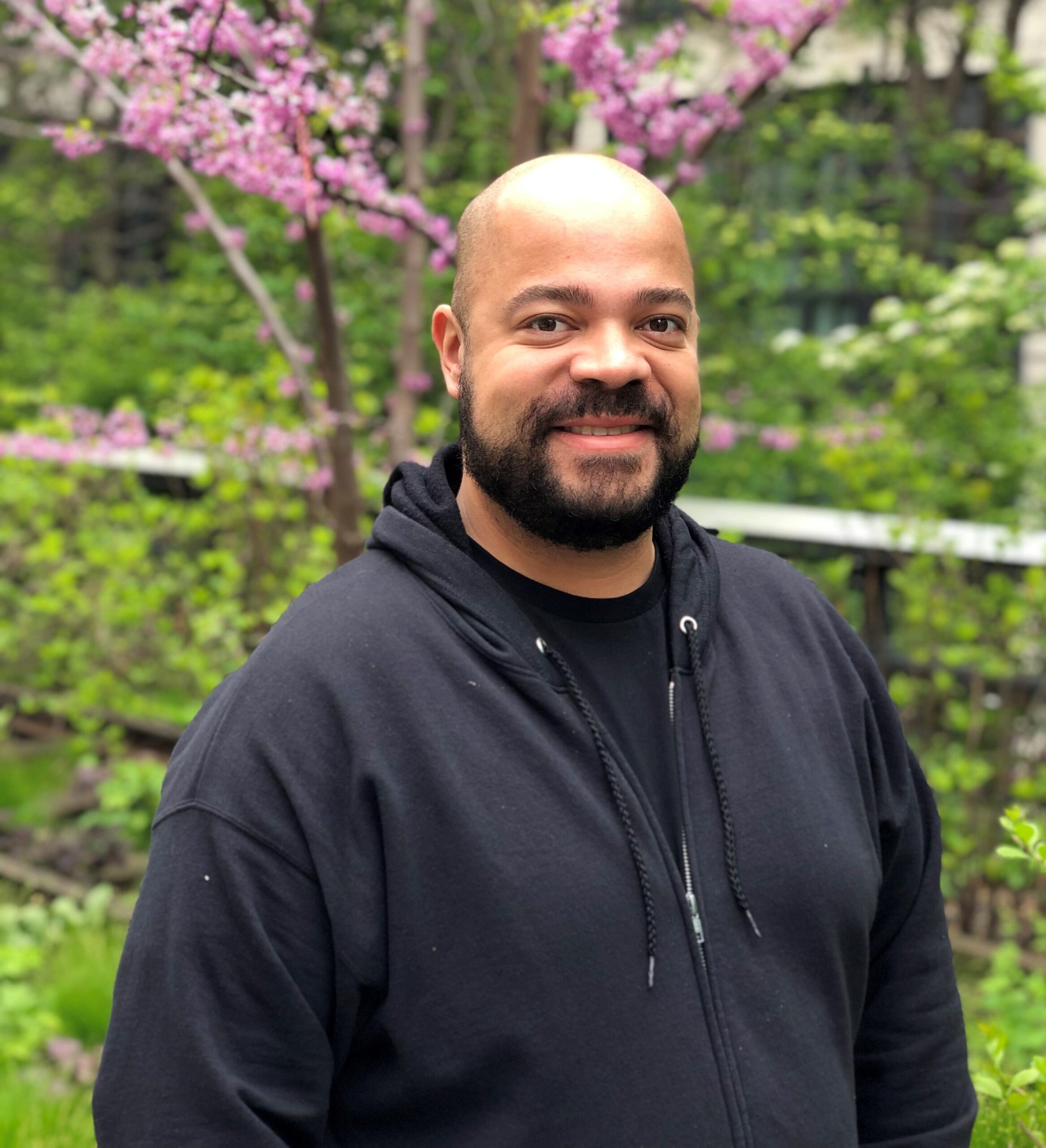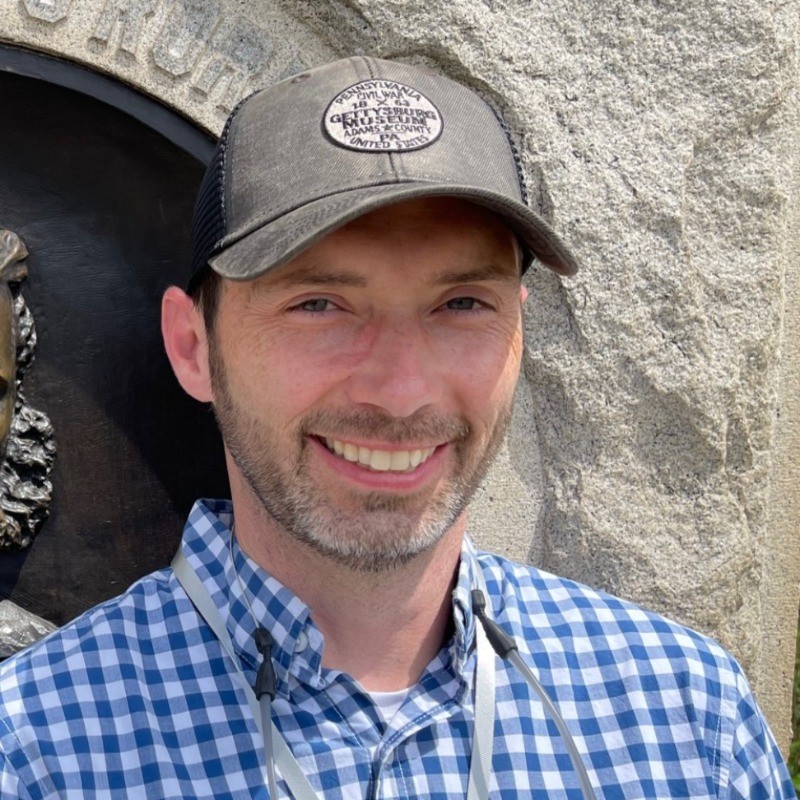Although Tim McCall’s time in the Operations Academy (OA) Senior Management Program at the University of Maryland was completely virtual because it took place during the COVID lockdown, he recalls it as an extremely productive, useful experience in which he was able to evolve and become sharper and more efficient at achieving his goals.
With a cohort of transportation professionals from all over the country working in similar positions, he gained a level of affirmation and understanding that continues to sustain him in his role as Olympic Region Freeway Operations Manager for the Washington State Department of Transportation (WSDOT).
Tim met many other leaders in the operations field, who also focus on incident management. He found that many of them were facing similar challenges, and as he prepared for the Operations Academy, he was asked to submit a problem that he was facing in his daily work.
“In my job, I was faced with the challenge of needing to evolve the team into a new position classification, and because at WSDOT, we are all in various classifications and unions. That makes a change in classification very complex,” he said.
At the time, the Regional Traffic Management Center (RTMC) needed to adapt itself to take on more responsibility, as well as change its level of proficiency with certain technologies. The RTMC operates the second-largest network of ramp meters in the state, and the need to elevate the team’s proficiency with technology and improve their responsiveness to the adjustments with the ramp meters was met with some resistance.
“We were in the process of a new tolling system and bringing on more employees, and the ramp meter algorithm is a bit on the complex side,” he said. “It was important to train people on troubleshooting to ensure the health of the ramp metering system and help them understand what it does and what information it’s collecting, but it wasn’t easy. This is the “Agency Challenge” I presented to the Operations Academy—trying to find a way to be successful making this reclassification transition go through with my team.”
This reclassification was a fundamental change, requiring operators to take courses and increase their responsibilities. He had to find a way to gain the team’s buy-in for all the innovative technologies and processes, and this is just what he found at the Operations Academy in a session about communications.
“In that session, I learned all about how to gain buy-in and how to ‘read the room,’ be persuasive, understand who’s listening, and how to present information so it’s digestible,” he said. “It put me on the right path to sell new ideas to my team.”
The effective storytelling techniques he learned in that session also helped as he collaborated with his team getting new equipment. Sharing the reasoning behind the need for the new equipment, the benefits of the investment, and the eventual payoff for making the changes were skills he acquired in the Operations Academy.
“For a long time, we had no Intelligent Transportation Systems (ITS) on the Tacoma Narrows Bridge, and I had to package a proposal and get support from stakeholders and partners whose influence was pretty significant, and with their support, we got cameras on that bridge to increase visibility of incidents,” he said. “It’s important to say, we are not talking about millions of dollars here. It was a simple investment of some cameras on top of the bridge to monitor, but it was a valuable investment and helps the maintenance teams a lot.”
The cameras help find debris on the bridge and highlight the maintenance activities on the bridge for WSDOT’s own uses, so that others can see their work and see the necessity of the mitigation efforts they carry out.
In addition to the highway and bridge element of his role, there was an important rail element along the Seattle to Portland route. With so much commuter traffic on the rail along that corridor, effective communication among partners in joint operations is critical.
“Once, the system ground to a halt after a bad accident on I-5, and what I learned in that situation was the importance of maintaining strong communication,” he said. “The Operations Academy affirmed what I already knew—to be a better champion for initiatives. I had some knowledge of that before, but now, after the Operations Academy, I feel like I really understand.”
His team successfully transitioned to the new classification, adapted to their new responsibilities, and the support he received from his Operations Academy cohort, although it was all virtual, helped every step of the way.
Special Note: Tim attended the 2024 Operations Academy Program as an alumnus. He thoroughly enjoyed networking with the 2024 participants and going on the field trip to Maryland State Highway Administration’s Statewide Operations Center.

Operations Academy alumni:
(Left to right back row) Matt Glasser (2018), Rick Dye (2015), Vandana Mathur (2023), John O’Neil (2014), Eric Sponsler (2013), Sheryl Bradley (2022). (Left to Right front row) Alvin Marquess (2008), Tim McCall (2021), Monica Harwood-Duncan (2011).






